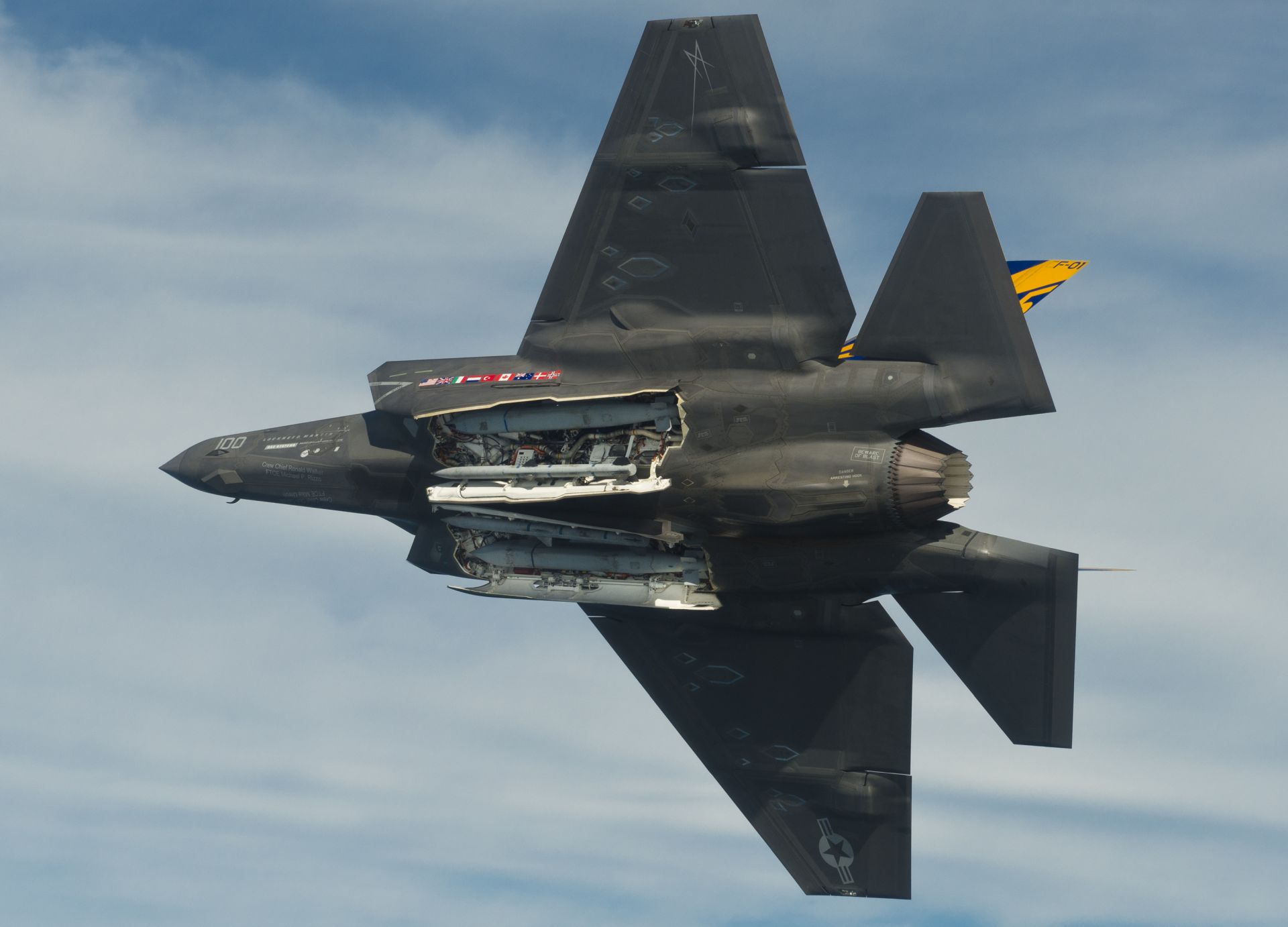Executives of aerospace giant Lockheed Martin pledged again Tuesday to limit costs on the F-35 fighter jet amid pressure from President Donald Trump, but those efforts should not impact the program’s profitability.
Chief executive Marilyn Hewson, who met twice with Trump following his critical comments prior to Friday’s inauguration, said the new president’s objective is not “about slashing our profits.”
“We understand his concerns about affordability and we certainly share that,” she said in a conference call with analysts. “It’s about how do we get the costs down today and in the future”
Her remarks came after Lockheed Martin reported better-than-expected fourth quarter earnings, but offered a disappointing forecast for 2017 profits, that sent share prices lower.
Net income for the fourth quarter rose 5.9 percent to $988 million. Revenues jumped 19.4 percent to $13.8 billion.
But Lockheed forecast 2017 earnings of $12.25 to $12.55 per share, well below the $12.87 per share expected by analysts.
The defense contractor in December was one of a handful of US companies to be lambasted by Trump, who said in a tweet that costs on the fighter jet were “out of control,” and called on Boeing to offer a competitor.
Other big companies have been slammed by the new president for offshoring US jobs.
In an investor presentation Tuesday, Lockheed presented a chart that showed the cost per plane has fallen more than 60 percent since the F-35’s inception. The cost is estimated to drop to $85 million per plane in 2019 from about $100 million now, Hewson said.
“This demonstrates a learning curve as efficient as any achieved on any modern tactical aircraft,” she said.
Inquiries about the program dominated the question and answer period, including whether the company was being too optimistic in its forecast after chief financial officer Bruce Tanner said Lockheed still sees higher profits from the program next year and beyond.
Shares of Lockheed Martin lost ground all day, and were down 2.1 percent at $252.15 at midday.
In addition to the weak forecast, analysts also said investors were troubled by Lockheed’s disclosure that it found a “material weakness” in the controls of the Sikorsky division after acquiring the enterprise from United Technologies in 2015.
Lockheed said it found no need at this point to restate earnings, but that a review was ongoing.











